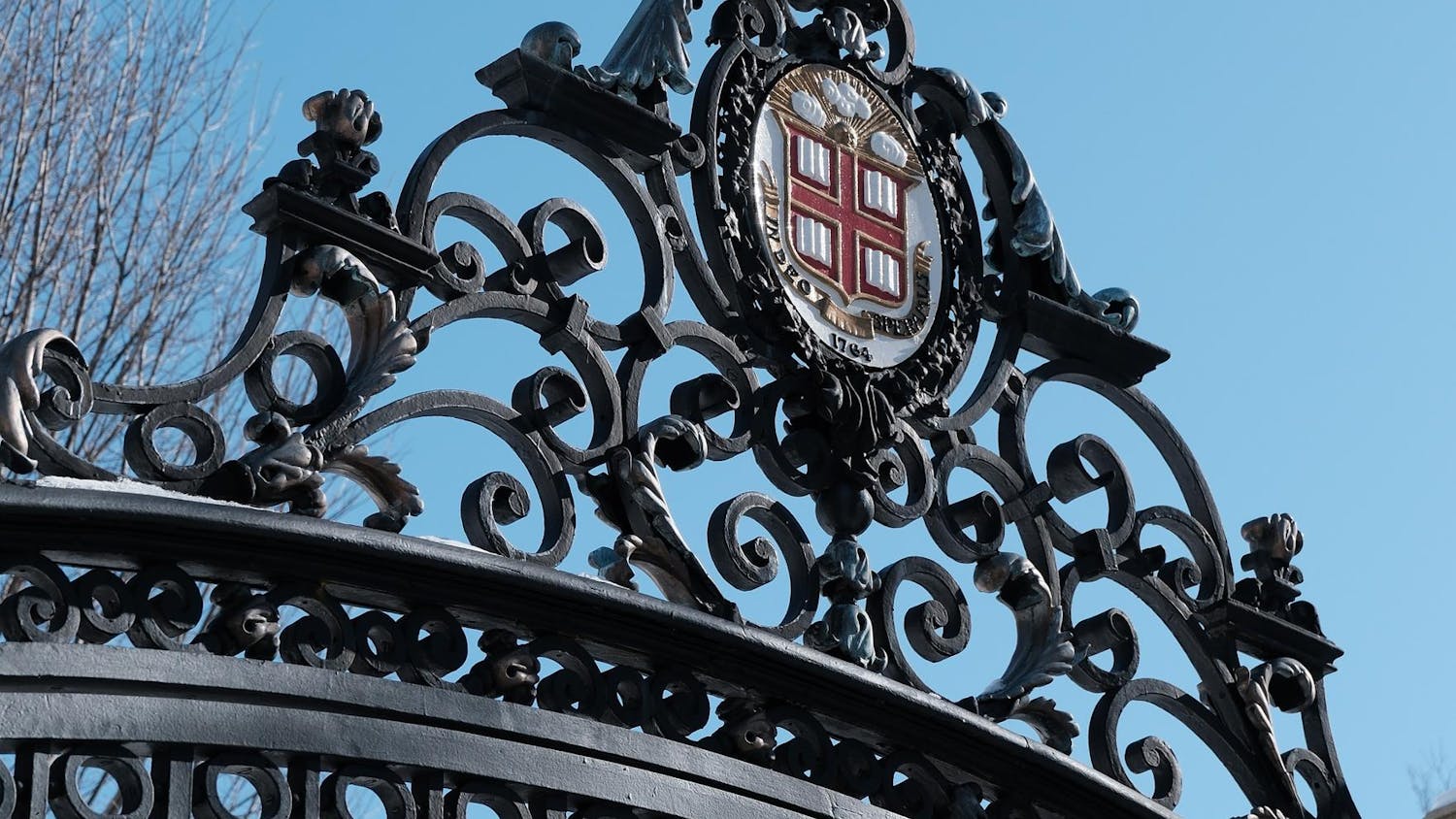James E. O'Keefe III is an unlikely lightning rod in investigative journalism. Whereas I might draw cries of reaction and looks of astonishment for my anarchy-cum-monarchy tendencies, O'Keefe is rather conventionally conservative. He may have a biting take on the bureaucratic enclave that is the Beltway, but it is not his philosophical disposition that gets him prime-time interviews.
No, the average liberal would expect him to be pro-life, opposed to federal expansion and upset by affirmative action. But his overarching approach to journalism, as well as his specific tactics employed, have elicited not-muffled reactions.
To some, his name might be unfamiliar — I should note here that O'Keefe is a personal friend — but his work certainly should not be. On Sept. 10, 2009, he began the release of a series of videos on the Association of Community Organizations for Reform Now, in which he persuaded workers from across the country — New York, Baltimore, Washington D.C., San Diego, etc. — to help him launder money for a political campaign in which he would be running as a Democrat.
The source of the money he would have laundered? It was to come from his proceeds as a pimp to hordes of prostitutes (many underage), among whom was Hannah Giles, his companion for the investigative operation. In a manner as comical as it was brazenly courageous, O'Keefe posed as a pimp circa 1977 (cane, hat, fur coat and all) and Giles as a hooker. For the rather compliant ACORN workers it was game, set and match.
Within a week of the first video's release, the Census Bureau ended its ties to ACORN. Later, the Justice Department attempted to freeze future funding for its community activities. O'Keefe and Giles achieved a resounding success in exposing how easily ACORN could fall off a moral cliff while entranced by what lay across the ravine. What is particularly surprising is that the prize waiting was ostensibly a few thousand dollars for a small campaign.
At least Nixon thought the presidency was at stake.
However, O'Keefe's ascent in investigative journalism circles hit a snag recently, and only time will tell whether this is an end to the ride or a test of endurance in a likely prolific career. After all, was not the right-of-center H. L. Mencken arrested in the "tolerant" Boston for violating the Comstock Laws? One encounter with the badges and some steel does not necessarily mean perdition.
However, his recent arrest and pre-arraignment imprisonment in New Orleans mean something. As many commentators have remarked, it takes a great deal of explaining to clarify his Jan. 25 attempt — with fellow muckrakers Joseph Basel, Stan Dai and Robert Flanagan — to pose as a telephone repairman in the office of Sen. Mary Landrieu, D-La.
Which brings the discerning critic to this question: How radical are O'Keefe and his tactics? In a recent conversation, he told me the chief lesson from this whole affair was that the more established media do not like competitors. For instance, the New York Times barely paid attention to his ACORN videos but put the news of his arrest on the front page. Above the fold. On a Sunday.
Certainly the man has a point. Perhaps it could be explained by the tendency for any media outlet to highlight a person's negative aspects and bury his successes, especially when those successes reflect poorly on an ideological bedfellow of said outlet. Yet, does that not say something about the deficiencies in current media reporting?
O'Keefe thinks so. He lamented that barely any major media figures deigned to consider that he was, just perhaps, planning another satirical operation that was unfortunately interrupted, unintentionally plunging the pundits in medias res. As he is wont to say, he is a guerrilla journalist, not a lapdog concerned with sweeps.
While unpalatable to the knights of civility, O'Keefe may be the perfect remedy to media syndicates that have lost touch with the journalistic essentials: on-the-street beats, creativity in eliciting information, making the news when the reigning practice is to observe like a cracked-out bystander and practicing a vocation rather than a moribund profession.
More importantly, for students everywhere, O'Keefe cut his teeth as a writer and editor for (and founder of) The Centurion, a libertarian-conservative journal at Rutgers University. From the stories he recounted about his time at the New Jersey school, I can safely say that Brown has admirably remained a school, while Rutgers has made a definite lurch towards ideological farm.
However, even in Brunonia, there exist tendencies towards totalitarianism that any good journalist should seek to expose, even ridicule. O'Keefe may be too extreme and edgy for you, but blame that on his love for Saul Alinsky, not the inherent toxicity of investigative journalism.
Going forward, there is much to glean from O'Keefe's experiences. Investigative journalists must be careful in planning, resolved in mission, expert in delivery and well-apprised of the potential risks that face any Hermes.
The messenger, like the prophet, is still often reviled in his own time.
Sean Quigley '10 consorts with some audacious cats. He can be reached at sean.b.quigley [at] gmail.com.




